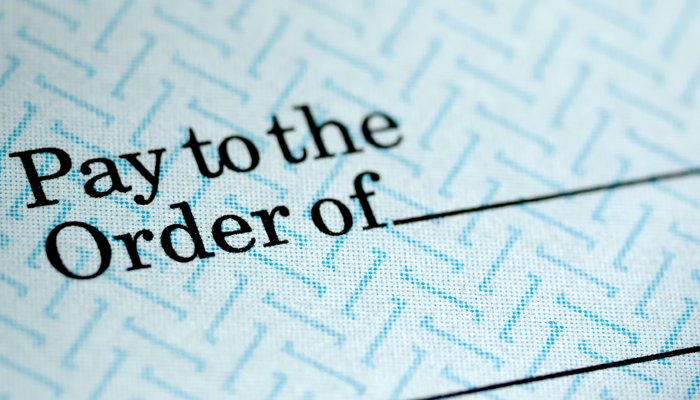 Only someone with a doctorate in voodoo economics would equate the Iran regime’s “resistance economy” as a “blueprint for economic reform,” but that is exactly what Bijan Khajehpour of the Atieh International Consultancy is advocating in remarks he made at the Wilson Center.
Only someone with a doctorate in voodoo economics would equate the Iran regime’s “resistance economy” as a “blueprint for economic reform,” but that is exactly what Bijan Khajehpour of the Atieh International Consultancy is advocating in remarks he made at the Wilson Center.
The call for a “resistance economy” designed to withstand the impacts of economic sanctions imposed on Iran for its clandestine nuclear program was issued by the regime’s leader Ali Khamenei in February 2014, in which he called on the government of Hassan Rouhani to expand production and export of knowledge-based products, increase domestic production of strategic goods and develop markets in neighboring countries. He also urged greater privatization and increased exports of electricity, gas, petrochemical and oil by-products instead of crude oil and other raw materials.
How has that gone for Iran’s mullahs so far? Iran’s gross domestic product (GDP) has steadily declined the last three quarters from 4.4 percent, to 3.7 percent and now at an anemic 2.8 percent.
Khajehpour attempted to explain away the decline by blaming economic sanctions, government mismanagement, corruption, and former president Ahmadinejad’s brand of populist economic policies. The one variable he left out was Iran’s diversion of billions of scarce dollars to support proxy wars in Syria, Iraq and Yemen, as well as terror groups such as Hezbollah.
U.N. special envoy for Syria, Staffan de Mistura, estimated Iran spends $6 billion annually on propping up Assad’s government. Other experts put the number even higher. Nadim Shehadi, the director of the Fares Center for Eastern Mediterranean Studies at Tufts University, said his research shows that Iran spent between $14 and $15 billion in military and economic aid to the Damascus regime in 2012 and 2013, even though Iran’s banks and businesses were cut off from the international financial system.
All of which comes on the heel of fresh calls by Assad for even more fighters and equipment he needs to combat rebels which Iran has met with the delivery of 15,000 new soldiers to fight for Syria. Far from being a resistance economy, Iran has been on a war footing for the past two years, all of which is fighting unrelated to its nuclear program.
It is hard to see how Khajehpour can overlook these staggering costs and contend Iran’s economy rebound as it throws more men, cash and expensive military hardware at its neighbors.
And you can’t even blame the declining price of oil on the world market for Iran’s economic problems either. Iran has a fairly diversified economy, in which oil accounts for only 23 percent of GDP. The largest contributor to the GDP is services (around 50 percent of total output), which means Iran’s primary drivers of its economy are its people.
These are the same people who are regularly subjected to street justice by the Basij paramilitary, who are thrown into prison for posted offending or critical comments on social media, who see scions of the mullahs’ race around the streets of Tehran in expensive foreign cars while they languish in economic purgatory.
Most incredibly of all, Khajehpour tried to make the argument that the estimated $120 billion in frozen Iranian assets that would be repatriated in the event of a nuclear deal would actually diminish the revenues of such corrupt actors within Iran because they no longer would have a monopoly on what commodities went in and out of Iran.
While it is not the dumbest statement ever made, it certainly ranks as one of the least believable; given the enormous pressure the regime’s mullahs are under to keep Assad afloat, a tight rein on the Shiite-dominated government in Baghdad and Houthi-rebel controlled Yemen.
If Khajehpour thinks the mullahs will not use that $120 billion to prop up their puppets, then he only reveals his true colors as a regime apologist and unabashed cheerleader.
By Michael Tomlinson